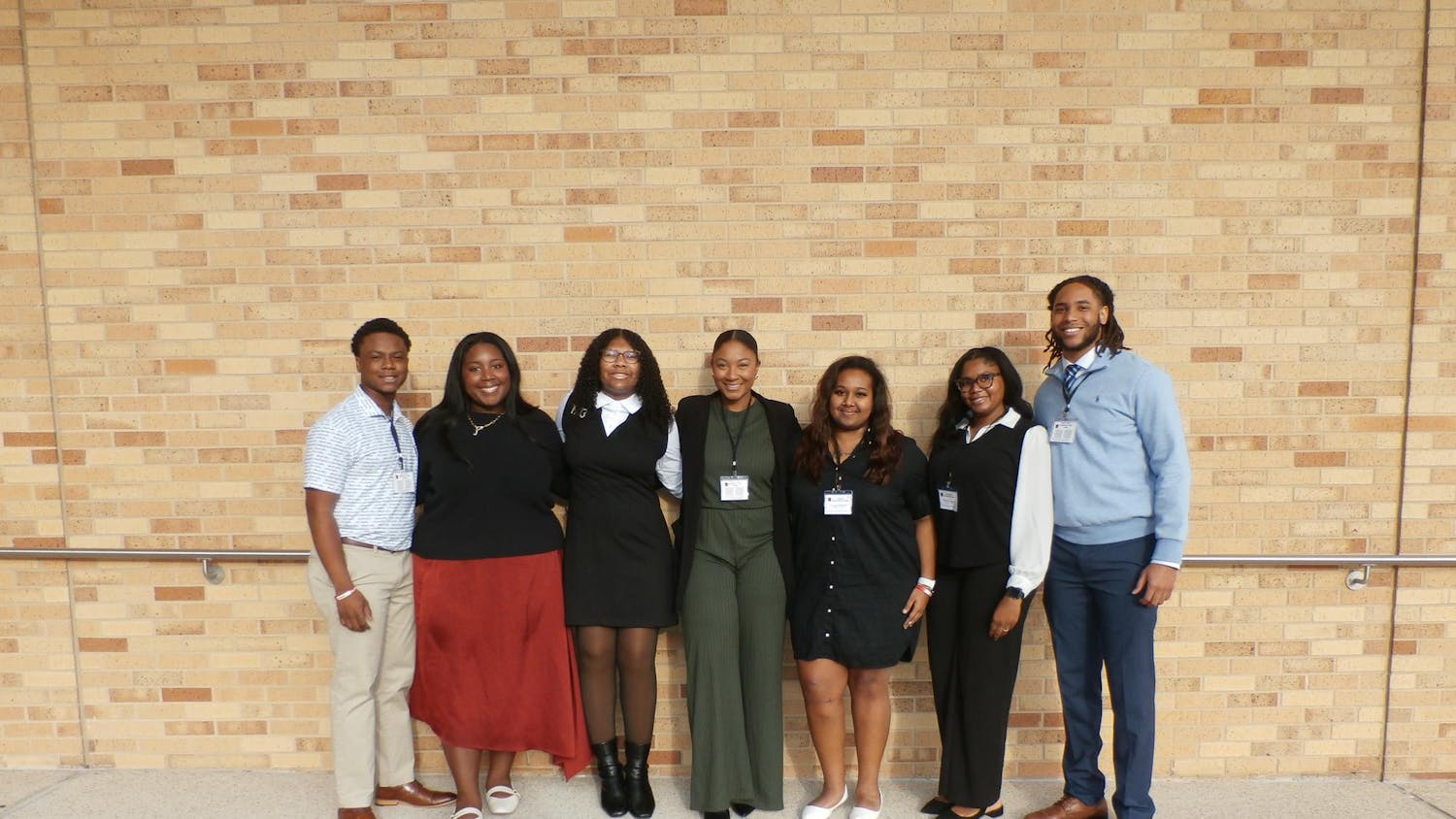The Civil Rights Movement was a significant moment in the history of the South, reforming societal conventions and perspectives. One Auburn professor has made his career out of a focus on this period, recently authoring a book on the subject.
"The Music Has Gone Out of the Movement: Civil Rights and the Johnson Administration, 1965-1968" is a book by David Carter, an associate professor of history.
It focuses on the period after the passing of initial civil rights legislation, in which the Vietnam War escalated and militant factions such as the Black Panthers were on the rise.
"I want to push back against the idea that the period between 1965-1968 was only a series of setbacks for the movement and show that it was the start of a moral simplicity," Carter said. "With the backdrop of the Vietnam War, violence did grow and lead to a more complicated movement, but I want to disengage from the tragic narrative that most historians place on the period."
The Civil Rights Movement is Carter's research focus as a historian, and he teaches a class on the subject. He has a BA from the University of North Carolina at Chapel Hill and a Ph.D. from Duke University.
"He came to Auburn in 2000," said Joseph Kicklighter, an Auburn professor of history. "He had been thinking about it since then, but it took time to talk to these people who knew Johnson and were involved in the Civil Rights Movement. It continues to teach us more and more about black and white relations and how the black movement went."
Carter was born in 1970, unable to experience the majority of the movement firsthand. He has maintained close ties with civil rights leaders and other prominent figures to add varying perspectives to the period.
"The book fits very well into the scholarship of the Civil Rights Movement," said Charles Israel, chair of the Department of History. "This scholarship usually focuses on one of two things: the study of great figures such as Martin Luther King or the study of average people in grassroots efforts. What Carter was able to do was focus on how the two interacted."
Carter spent several years conducting interviews and conducting research at the Johnson Presidential Library.
"What's amazing is the amount of time that he spent going through records," Israel said. "This was a monumental research task, and that he was able to sift through that much information is the most impressive thing."
Carter discussed his work at a book talk in the Ralph Brown Draughon Library on Thursday. Many attendees were not affiliated with Auburn.
"(This event) has affected a lot of people's lives," Kicklighter said. "It's not just an academic thing to them, that's a reality that they have lived through and have been told of by their families, so that's definitely a part of it."
Do you like this story? The Plainsman doesn't accept money from tuition or student fees, and we don't charge a subscription fee. But you can donate to support The Plainsman.




